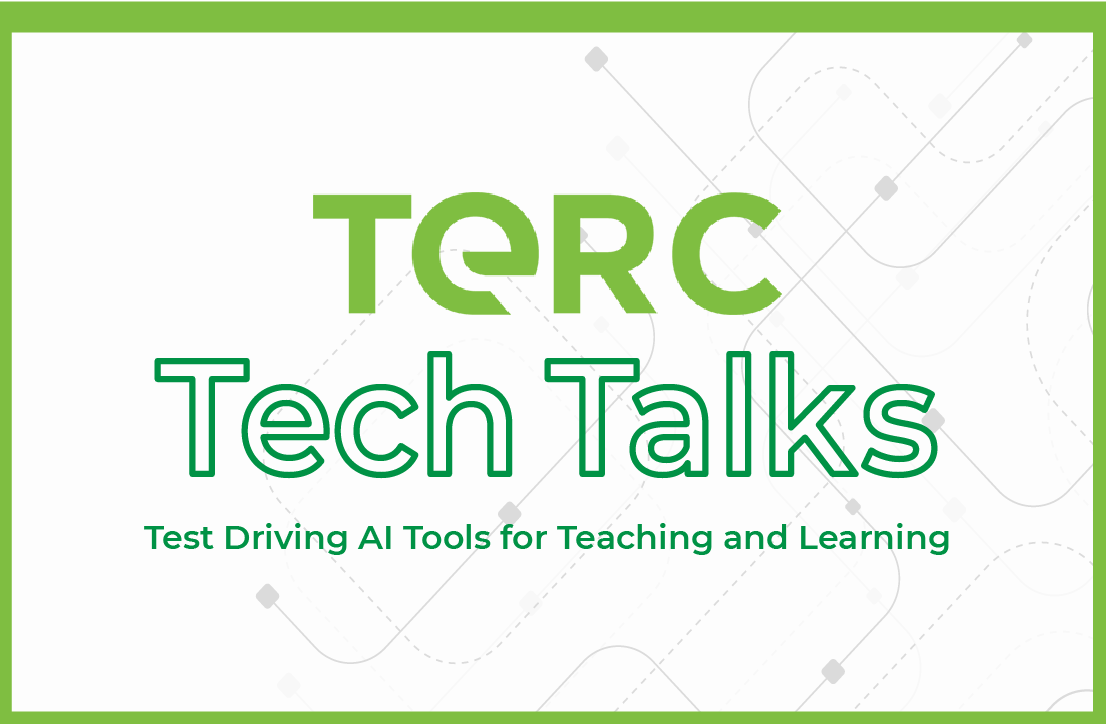Our projects and research shape the STEM education field by introducing innovative curricula and improving student access to STEM.
We support more than 60 active projects every year, and our high-quality, innovative research is based on the understanding that for STEM, real-world application matters. We inspire, motivate, and create life-long learners by helping students connect what they are taught in the classroom to the world around them.
These projects and our research are designed to encompass a wide range of subjects and disciplines within STEM education and teaching methods to expand accessibility for all eager minds.
Can’t find what you need? Explore our archive of past projects.
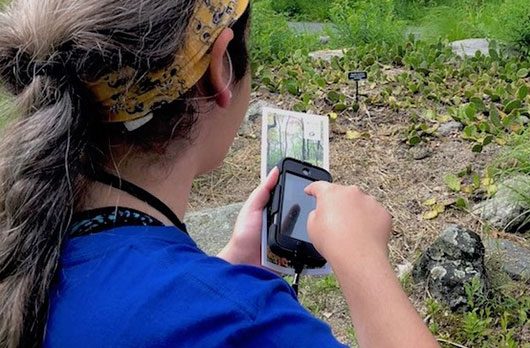
This project is developing a prototype Signing Bioscience Dictionary that will include approximately 1,500 terms routinely used in undergraduate biology courses.
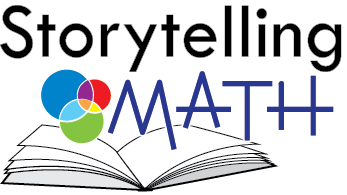
TERC is collaborating with Charlesbridge Publishing to develop picture books that meld story, racial diversity, and math and are written by authors of color.
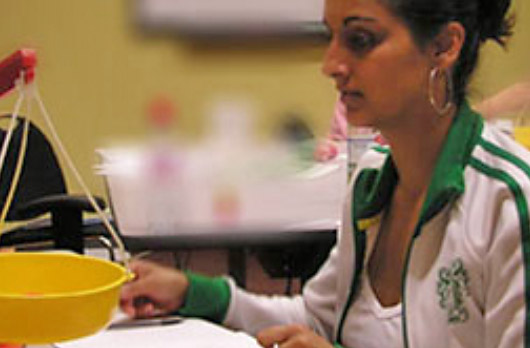
Talk Science PD is a blend of web-based study, opportunities to try ideas in the classroom, and face-to-face study group meetings designed to help teachers increase the effectiveness of classroom science discussions.
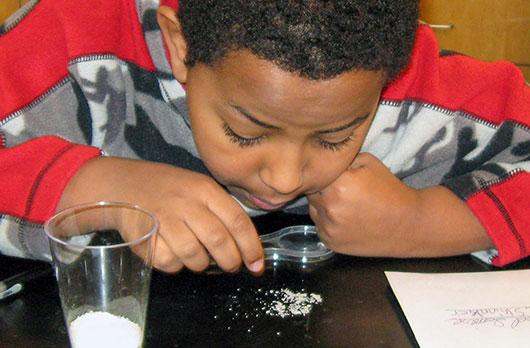
Science curricula for grades 3-5 and professional development aligned with the NRC Science Framework.
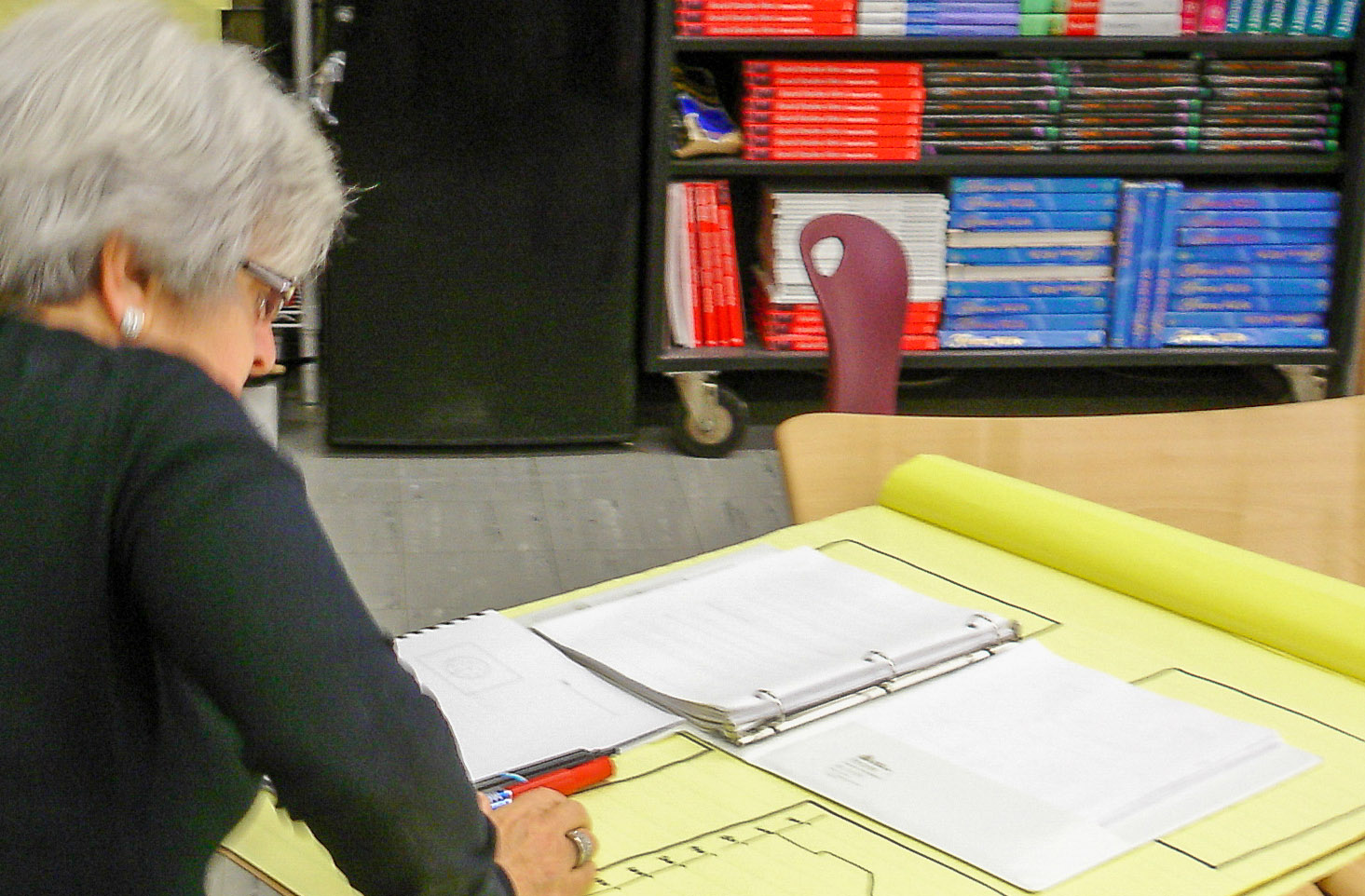
Professional development is comprised of Implementation Workshops that introduce teachers to the Inquiry Project curriculum and embedded assessment opportunities.
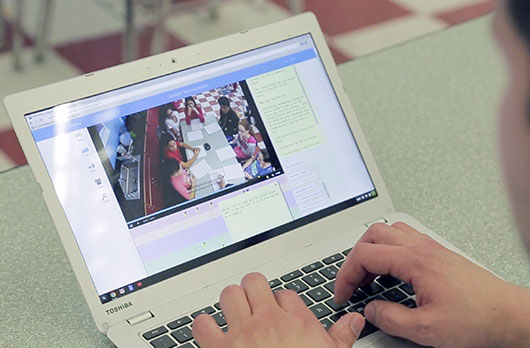
Empowering Teachers Through VideoReView is a NSF funded research and development project to enhance elementary science teachers’ attention to students’ science thinking.

Bridging IV addresses the mathematical practices through PD and ongoing coaching and investigates whether and how these affect classroom discourse and student learning.

Collaborating with Boston teachers to explore the intersection of rigorous mathematics and equitable student participation in grades 1-4.

